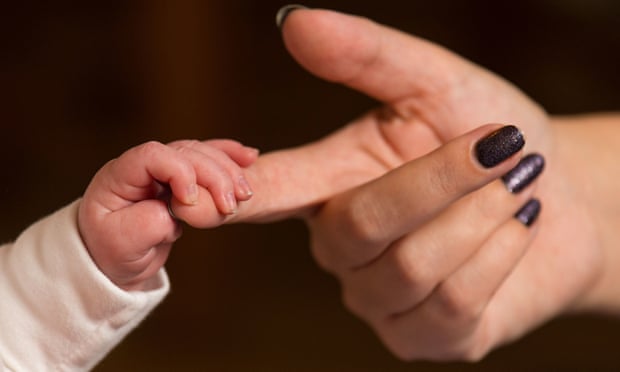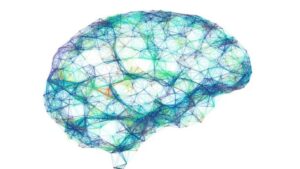


Babies born to older fathers 'tend to have more medical issues'
 Advanced
Advanced
2020/10/07 14:27
1. seizures (n)
a very sudden attack of an illness in which someone becomes unconscious or develops violent movements
2. records (n)
a piece of information or a description of an event that is written on paper or stored on a computer
3. neonatal (adj)
of or for babies that were born recently
4. gestational (adj)
used to refer to a disease or condition that affects pregnant women
5. Apgar (n)
a score that records the physical condition of a baby just after it is born, with ten points being the highest possible score
6. aware (adj)
knowing that something exists, or having knowledge or experience of a particular thing
Babies born to older fathers 'tend to have more medical issues'

Men who start families later in life should be aware of the potential health risks to their children, according to US doctors who found that babies born to older fathers tend to have more medical issues than those born to younger men.
Researchers at Stanford University in California studied health records linked to all live births in the US between 2007 and 2016. The records showed that children born to men aged 45 and over had a 14% greater risk of premature birth, low birth weight and being admitted to neonatal intensive care compared with babies born to younger fathers.
Infants born to men aged 45 and over also scored lower on the Apgar newborn health test, and were 18% more likely to have seizures compared with infants born to fathers aged 25 to 34 years, according to the study in the British Medical Journal. For women, the risk of gestational diabetes was greater when they had children with older men.
Michael Eisenberg stressed that the increased risks for individuals were small. After adjusting for the mother’s age and other factors such as education and whether she smoked, he found that children born to men aged 45 and over were born less than a day earlier on average, and weighed only 20g lighter (just over half an ounce) than those with younger fathers.
“When I talk to couples about health risks, I use the lottery as an analogy,” Eisenberg said. “If you buy two tickets, your chances of winning double, but you are still unlikely to win. Even if your risk for something goes up 10-20%, the absolute risk for an individual doesn’t change that much.”
Eisenberg and his colleagues suggest changes in the DNA of older men’s sperm might explain their findings. The concern is backed up by previous work, including a Harvard study last year that found births through IVF fell as the fathers’ age increased.
Resource: https://www.theguardian.com/science/2018/oct/31/babies-born-to-older-fathers-tend-to-have-more-medical-issues

- What are the advantages of having an older father?
- What are the disadvantages of having an older father?
- Do people need to think more carefully about having children?
“Making the decision to have a child is momentous. It is to decide forever to have your heart go walking around outside your body.”
Elizabeth Stone











